|
Create the Life You Want by Using Self-Reflection, Mindfulness, and Constructive Feedback
Rev. Dr. Kitty Boitnott, NBCT, RScP
Heart-Centered Career Transition and Job Search Coach | Life Strategies, Stress Management, and Sleep Science Coaching
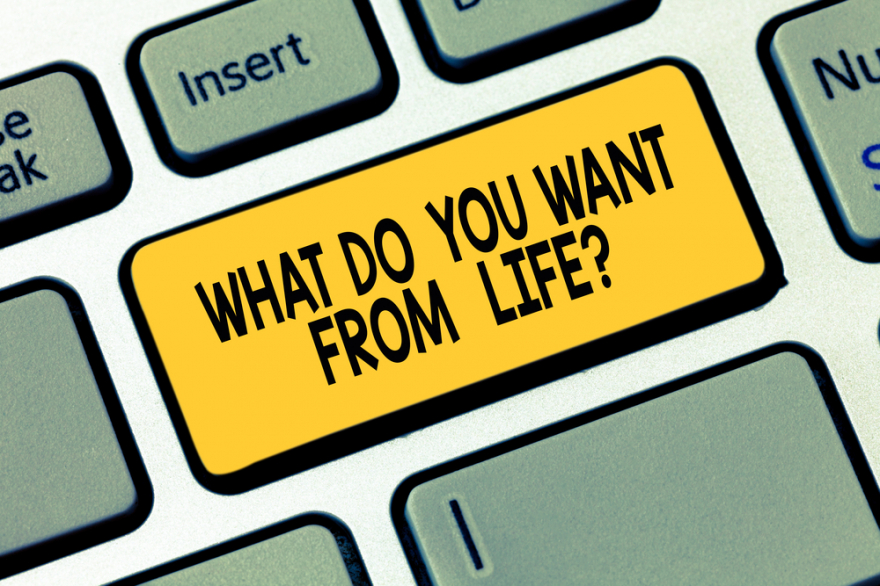
Self-reflection and being mindful in the moment are good ways to stay in touch with your inner self. Unfortunately, few of us are good at examining our own behaviors. Likewise, we tend to be blind to our habitual actions. And let's be honest. We all have blind spots.
Being honest with yourself means challenging yourself at the deepest level. You need to be willing to question everything. For example, how do you feel about the work you do? How do you interact with the people in your life on a day-to-day basis? Do you show your appreciation of them, or do you too often take them for granted?
Conduct a self-evaluation.
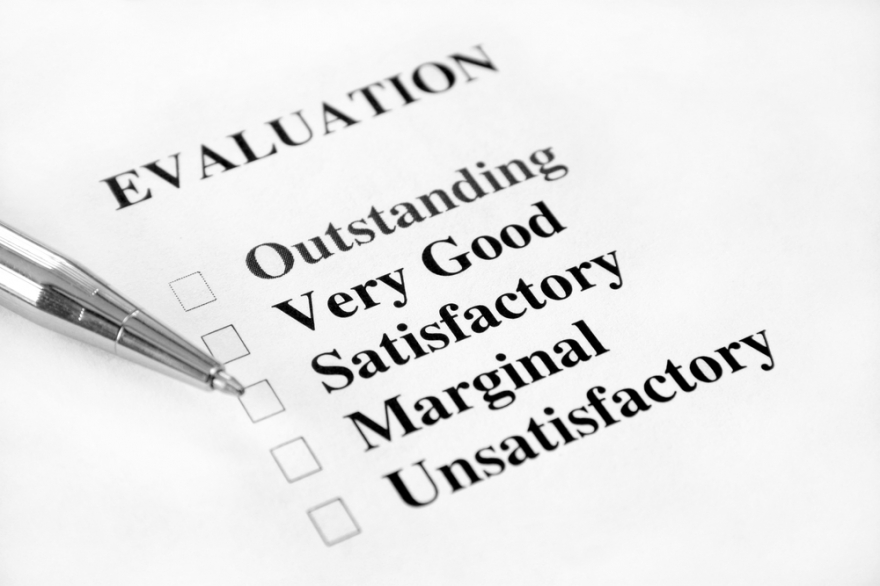
Self-evaluation requires that you be brutally honest with yourself all the time. And that's hard!
No one is self-aware 100% of the time. After all, a lot of what we do daily is automatic, driven by years of habit.
But if your life isn't going as you envisioned it would, or you're not as happy with your life as you want to be, take heart. It isn't too late to become aware of your thoughts and inner motivations. You can start to note when you feel a certain way. What types of events trigger you into anger or irritation? What people in your life tend to get on your last nerve so that you get irritable with them?
What do those emotions say about YOU as opposed to what they may say about the events or the people?
Being honest with yourself means evaluating yourself through the lens of personal experiences.
You may also make social comparisons, and observations.
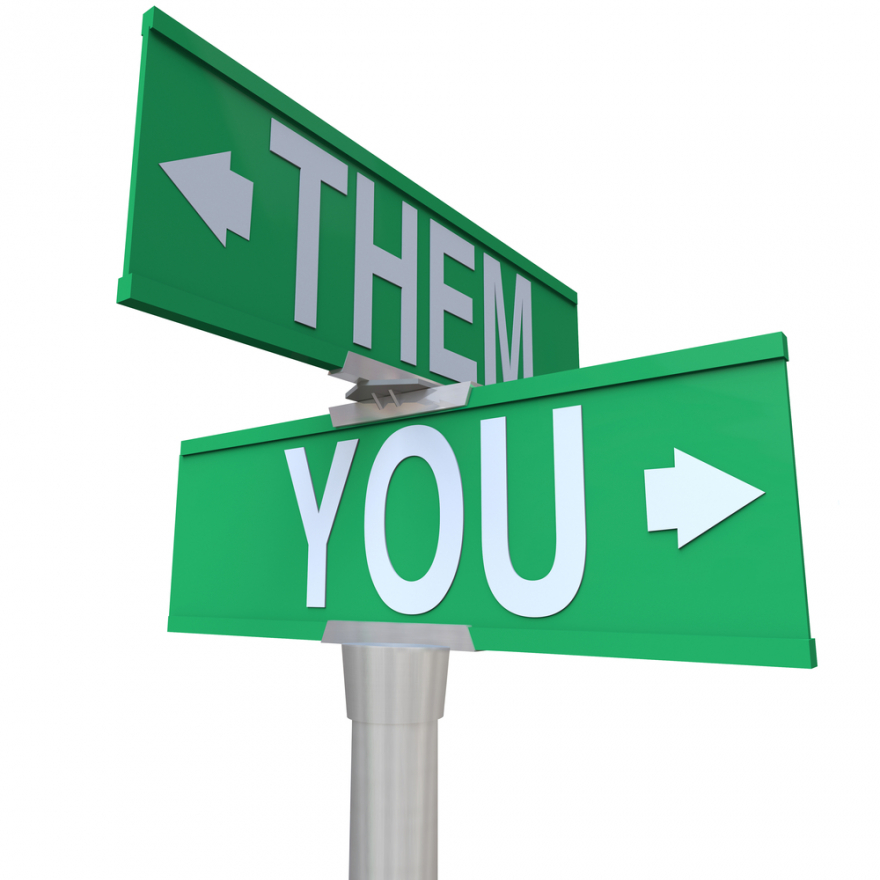
Do you tend to make assumptions about how others see you? If so, chances are you let those assumptions drive how you see yourself.
There are many advantages to being honest with yourself.
Examine what it is that motivates you and what things trigger results. Challenge yourself to revisit your triumphs and mistakes. Take a deep-dive into examining the lessons learned from both. How have those triumphs and mistakes shaped you into the person you are now?
Be willing to acknowledge your positive and negative attributes. That challenges you to analyze your values. What is it that drives your feelings about yourself? How do you balance these things? You have the power to take this information and use it as a foundation towards creating the person you want to be.
Encourage feedback from others.
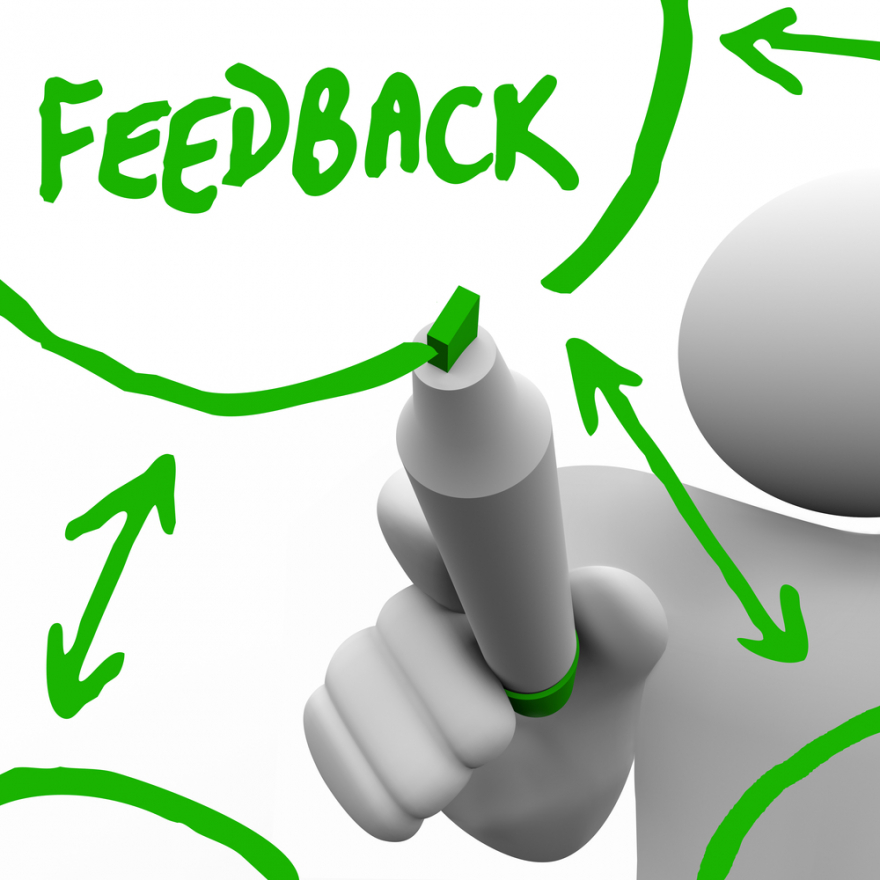
This process requires that you not only do a self-appraisal. It also requires you to seek feedback from other people. The way we see ourselves is sometimes driven by the way we think other people perceive us. It is like we think other people's opinions are more important than our own. That isn't true, but that is how many of us think.
This process requires a unique skill set. It isn't that simple to assess how it is others perceive you. Take the information in and consider it from the perspective of the other people. Then use those details to your advantage.
Your goal should be to ask for input from the people who know you best. Sometimes, input from others can make us aware of what we do well as well as where we have weaknesses.
Use this process for self-improvement.
Being willing to do a self-evaluation opens doors for you. It allows you to take the information you gain from self-reflection and others and use it to improve. Think of it as hitting "reset" on your character traits. You can use your findings to make changes within yourself. Ditch non-productive behaviors. Learn how to adopt new ways of being that generate positive results.
Improve your self-esteem and confidence.
Identify the value you give to your workplace, your family, your friends, and even yourself. Taking in that value can go a long way to boosting your self-confidence as well as your self-esteem. You can learn to focus on those things. Improve upon them further. That is much more fun than always focusing on your weaknesses and shortcomings.
Practice self-awareness.
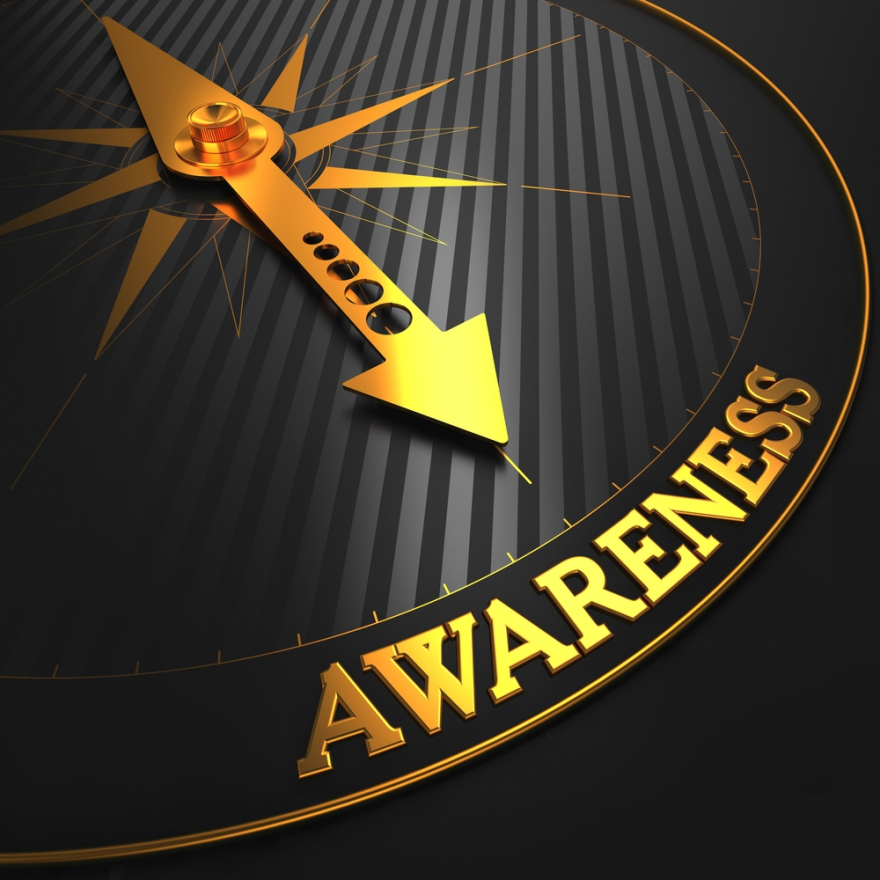
Practice self-awareness. It is a skill. And, as with any practice, you have to work at it to master it. First, you have to be unapologetically open and honest with yourself. You have to be willing to do this even when the self-observation is negative or uncomfortable. This process will force you to step outside of your comfort zone and take a long, hard look at who you are at your core.
You can’t sugarcoat anything if you are seeking to make meaningful changes in your life. Here are some questions you can ask yourself while conducting this self-evaluation process.
Consider your role in the workplace, and ask yourself these questions:
· Currently, what are the main strengths you bring to your position at work?
· What are the most valuable contributions you have made to your team, department or company?
· What opportunities do you have to improve? What do you need to change?
· What are you doing well?
· What are you doing that isn't contributing to your showing up doing your best?
Here are examples of some questions that you can ask yourself about your personal life:
· What are your core values?
· What motivates you, and are those things productive?
· What activities restore your energy and renew your spirit?
· What are your top five strengths? Your top five weaknesses?
· What holds you back from achieving your goals or doing big, bold (and scary) things?
To become a better version of yourself, practice self-awareness all the time.
You can do that by practicing mindfulness.
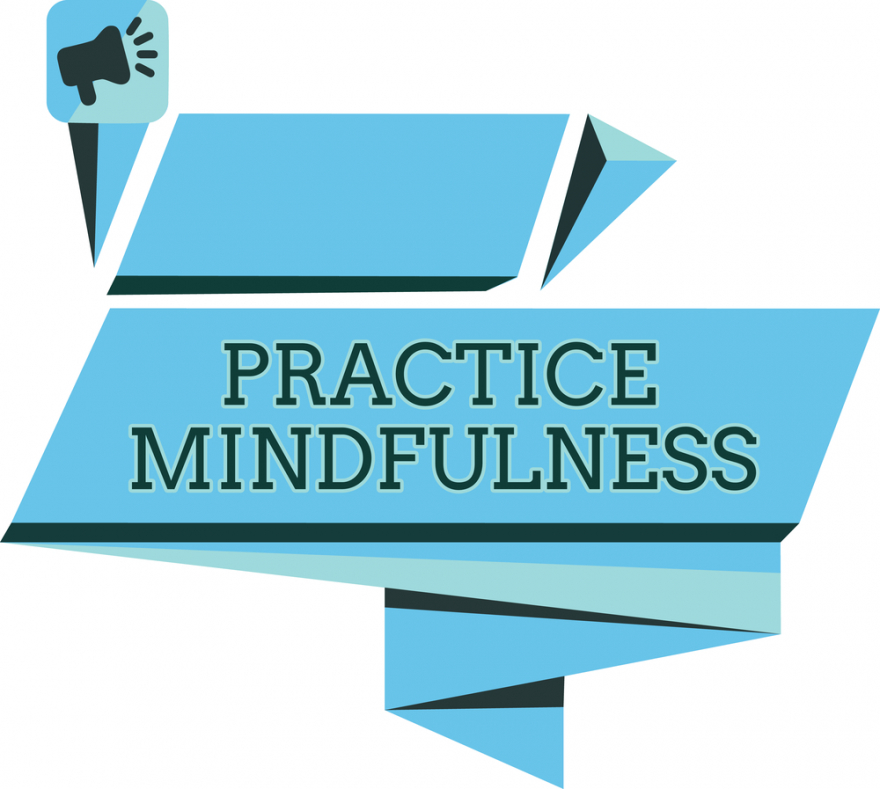
Mindfulness requires you to step back and pay attention to the moment as though you were a third party observer. It is difficult at first, but you can do it. All the great spiritual teachers did it and continue to do so. But you don't have to be some sort of Zen master to practice day-to-day mindfulness.
This practice is showing so much promise that some schools are teaching it to their students to help them redirect their negative behaviors. Where programs like these are being used, students are observed catching themselves at a moment when they feel triggered to act out, and they redirect that energy into a more positive action. If kids can learn to do this, why wouldn't you be able to regardless of your age? You just have to want a better, more grounded and peaceful life experience enough to do the work.
Practice as often as you can. Think about your answers to the questions above.
For self-evaluation to be helpful and provide you with results, you have to be ready to make the improvements that come up. And you have to be prepared to receive the feedback and input of others. A closed mind will not benefit from the practice of self-evaluation. You must move with intention and empower yourself to engage in the process with an open mind and an open heart.
This message is intended to help anyone who is feeling overly stressed out and overwhelmed. Taking responsibility for your life experience is the best way that I know of to help start managing stress and relieving some of the anxiety that too many of us feel too frequently.
Feel free to use it, adapt it to your needs, and share it.
Until next time.
|